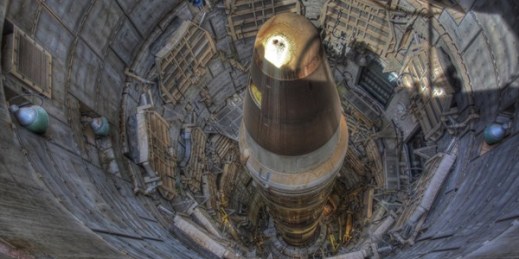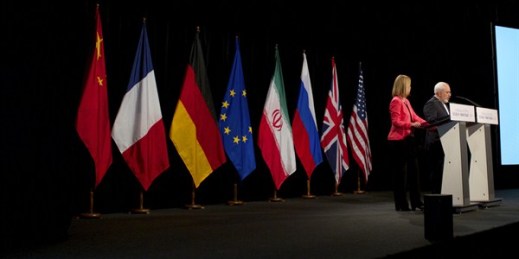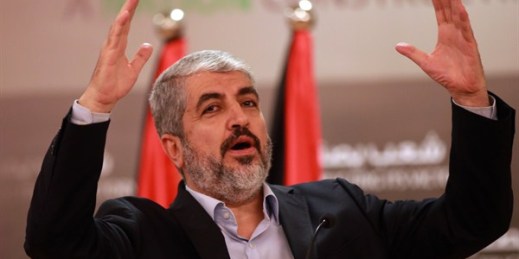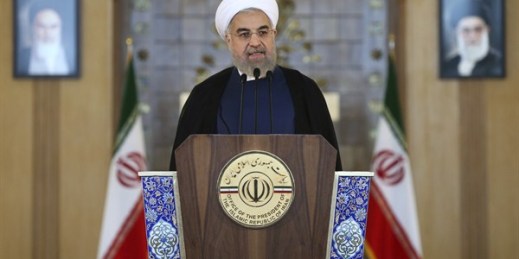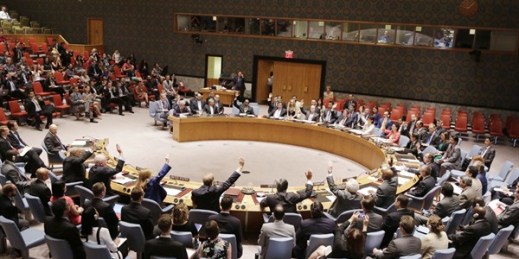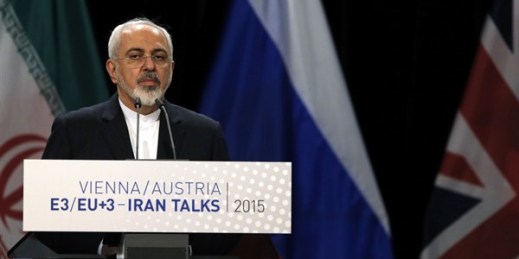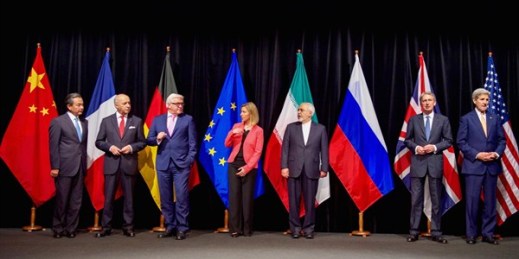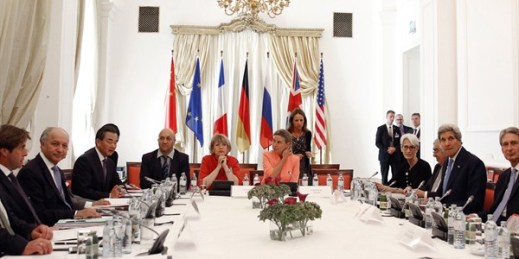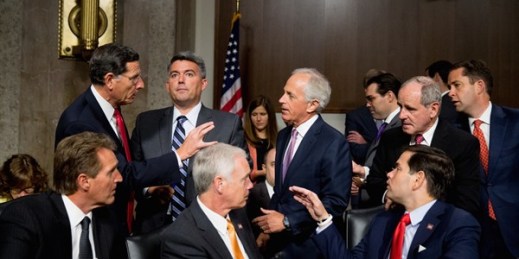
Over the next few weeks, as Congress prepares to vote on the Iran nuclear deal, the American people are going to be bombarded with arguments both for and against it. The critics will argue that the United States has given Iran carte blanche to pursue nuclear weapons and destabilize the region; the supporters will say that the deal’s opponents offer no alternative for stopping Iran’s nuclear aspirations. The lobbying, the accusations of bad faith, the references to the Holocaust and the demonizing of critics will be intense. But here are the two dirty little secrets about the Iran deal: Congress […]

